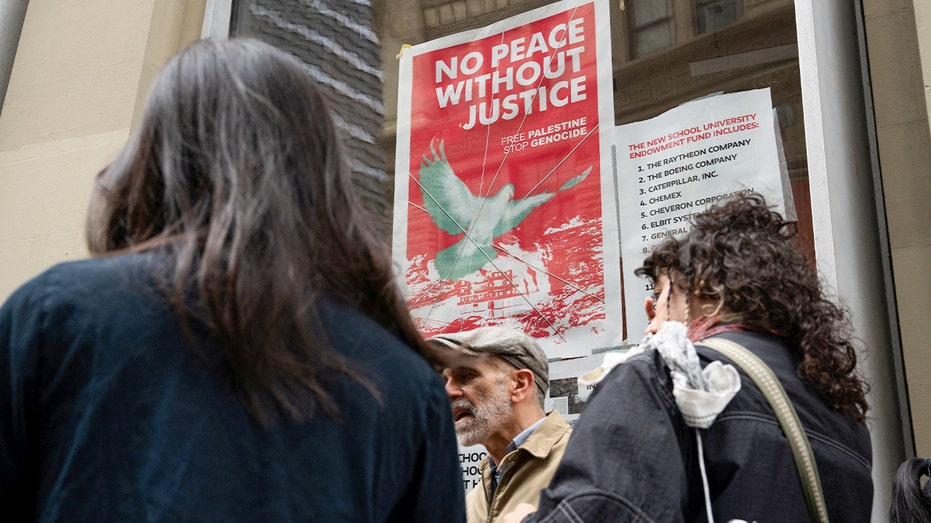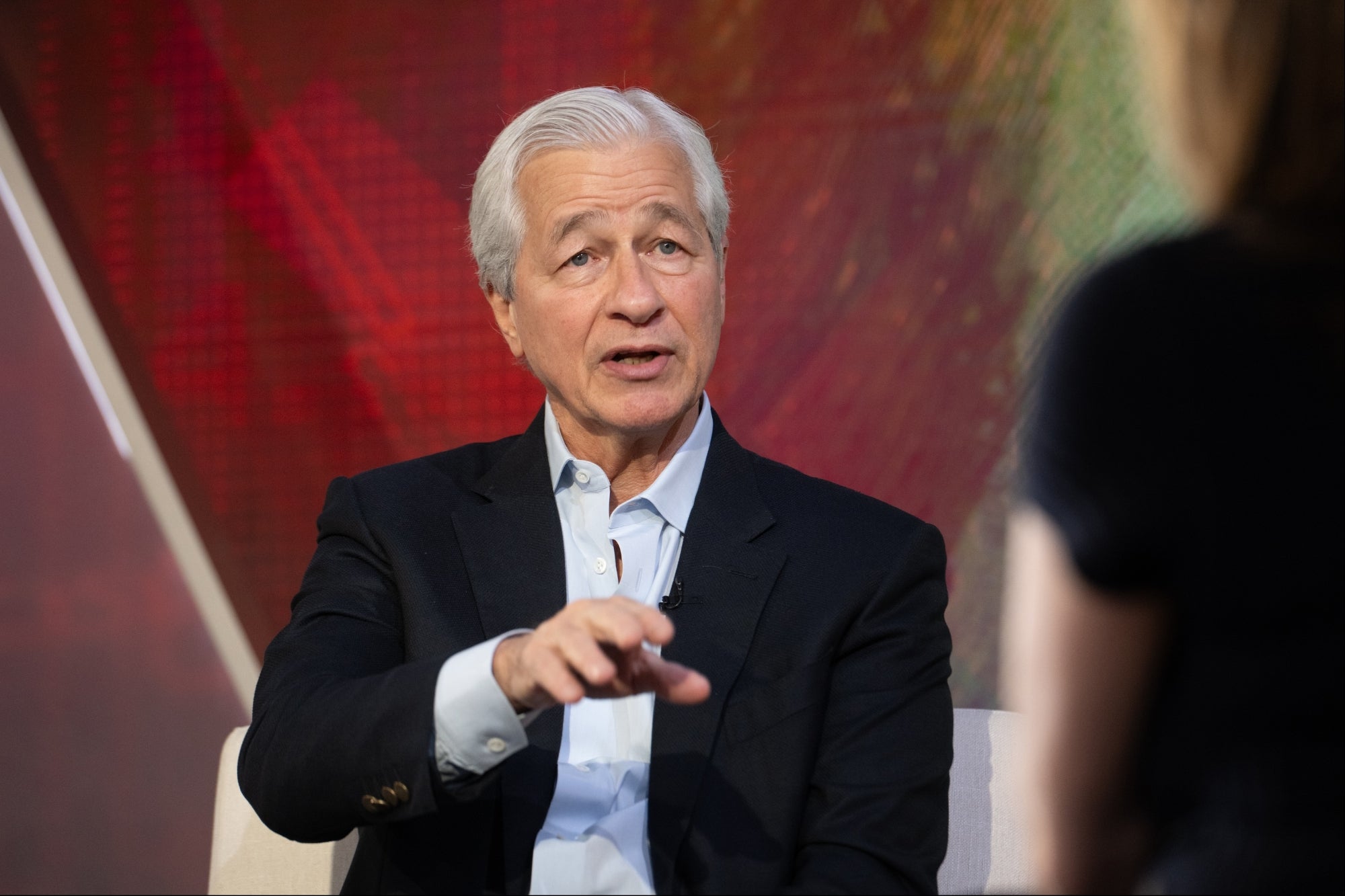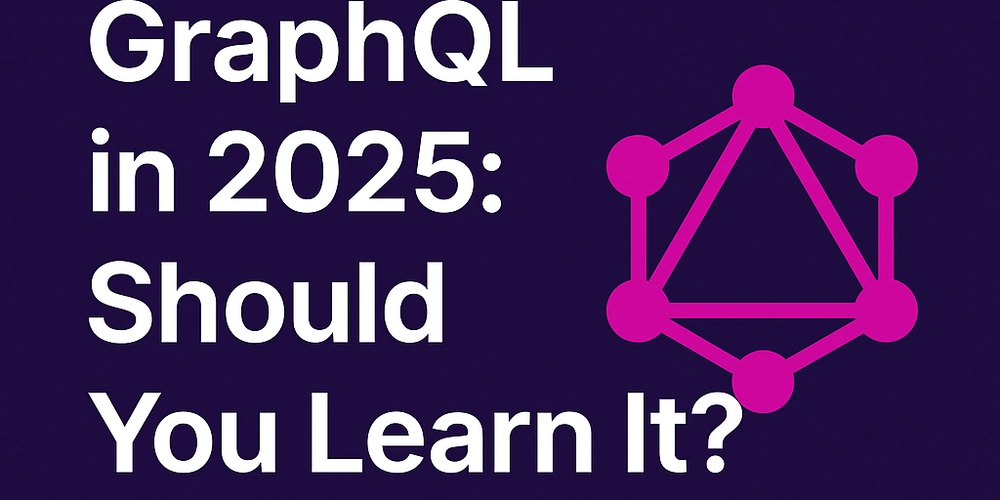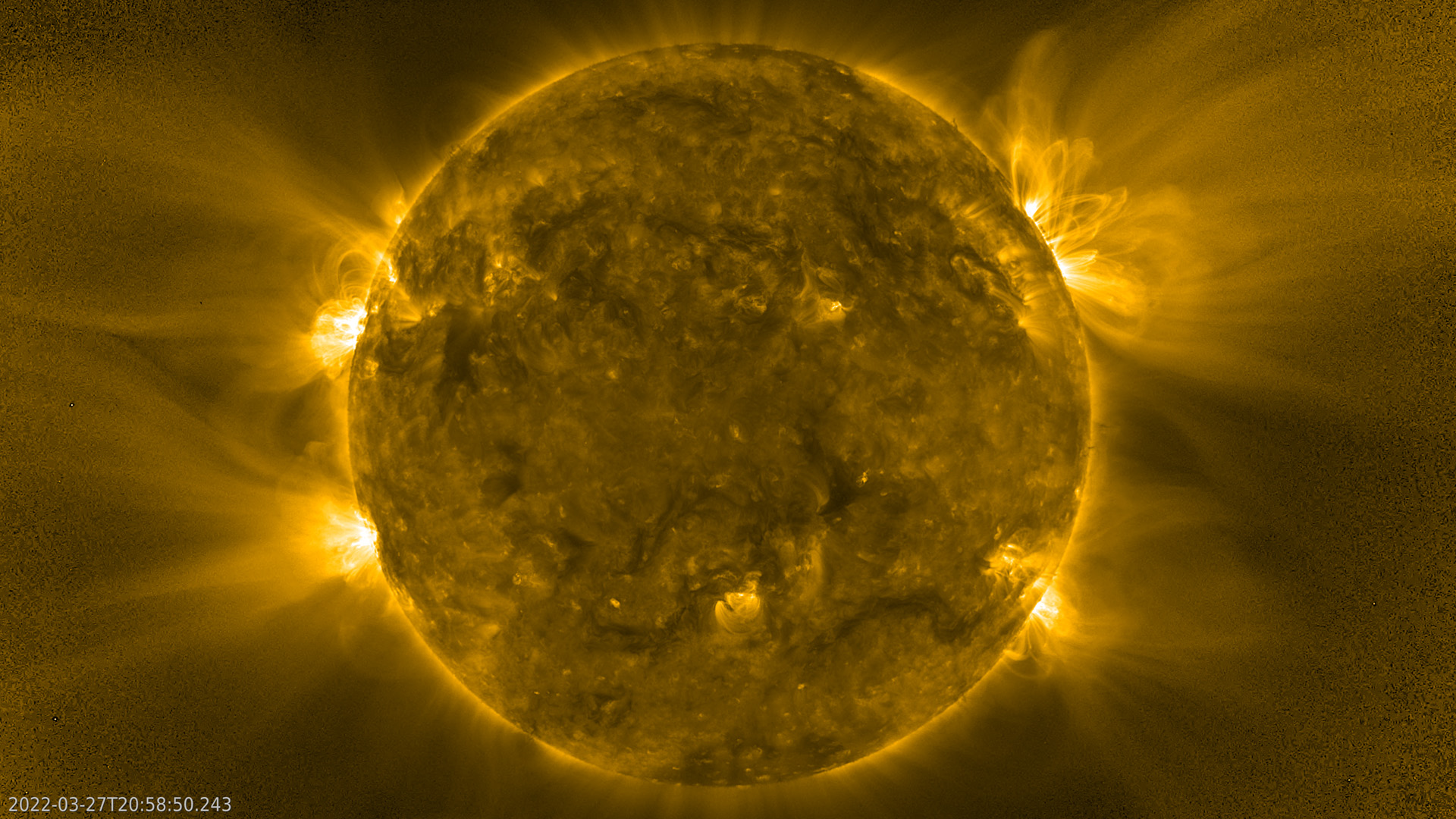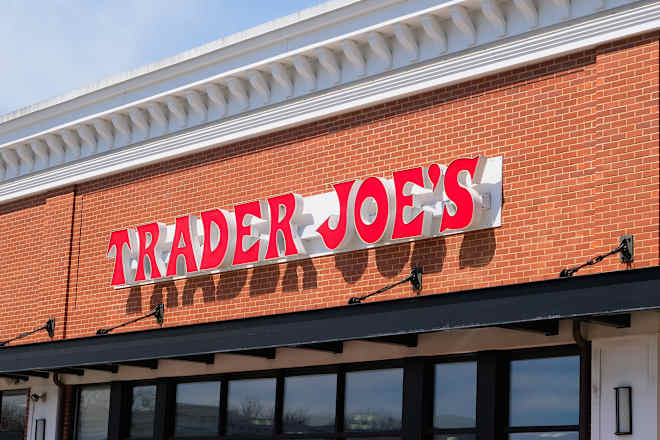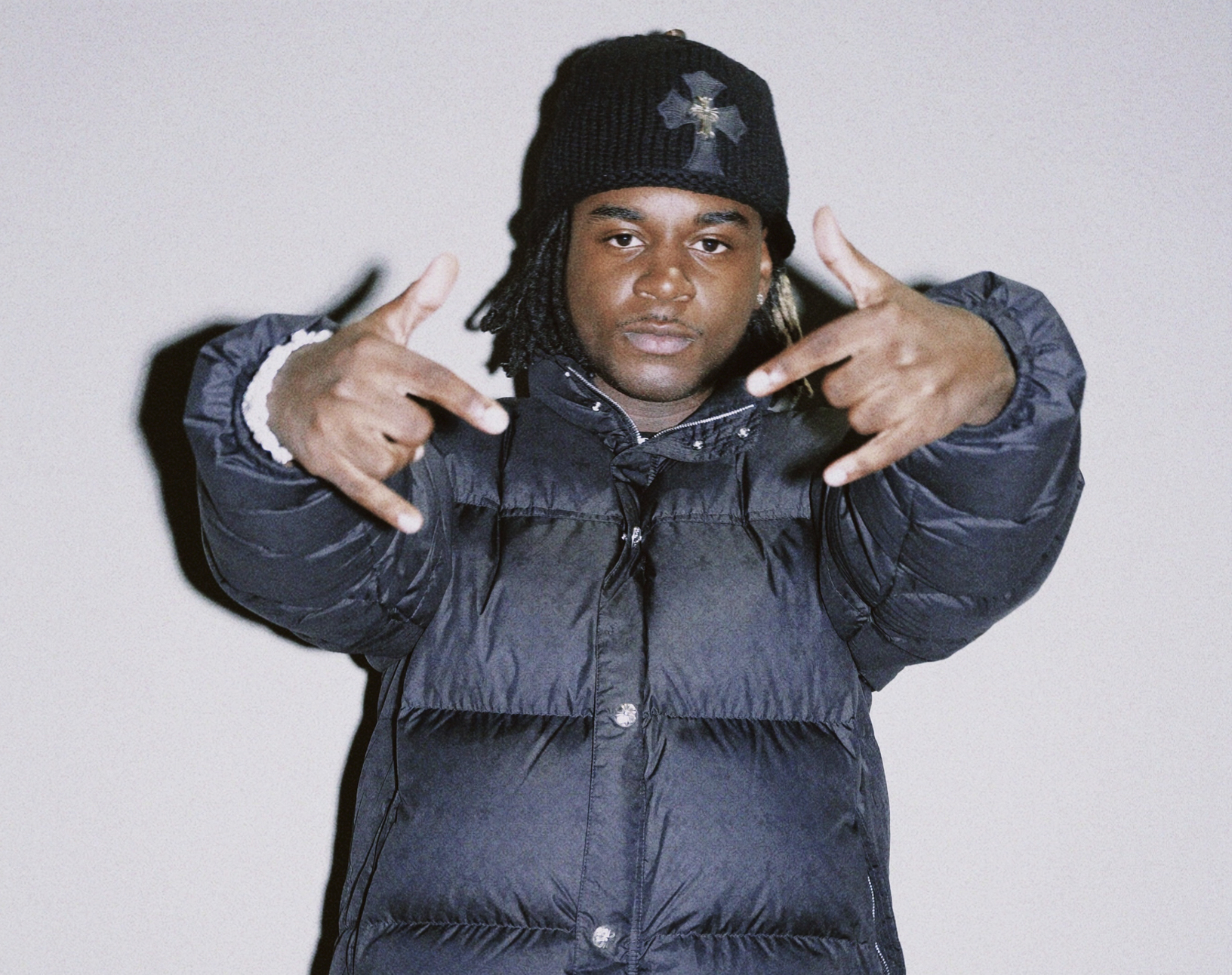Wisconsin’s high-stakes Supreme Court election is a referendum on Trump
The stakes in the April 1 election are muchmore than political.

On Apr. 1, Wisconsin voters will elect a new state Supreme Court justice. Normally, such news would be met with a yawn, but not this year — the campaign has already made national news and drawn the attention of people from around the country
The Wisconsin election could be one of American history's most important judicial elections, and one of the most expensive. And, as has been the trend in recent decades in America, this one has turned nasty, full of what one spokesman termed “disgusting insults.”
Despite its less than judicious tone, the contest between conservative candidate Judge Brad Schimel and liberal Judge Susan Crawford offers voters a chance to signal their commitment to free and fair elections and the rule of law. The contest also will give an early indication of how voters in a crucial swing state, carried by a razor-thin margin last November, feel about what the president and the leader of the so-called Department of Government Efficiency are doing in Washington, D.C.
Donald Trump and Elon Musk know how important the contest is — which is why they are publicly throwing their considerable political weight behind Schimel.
Schimel has made clear, on his end, that a vote for him is a vote for President Trump. The New York Times reports that the judge even “dressed up as him for Halloween.”
Schimel aligned closely with the Trump agenda during his tenure as attorney general, leading an attack on the Affordable Care Act and supporting efforts to restrict ballot access. He took extreme positions on abortion, including by defending a law “aimed at restricting access to abortion in Wisconsin by requiring doctors to have admitting privileges at nearby hospitals.” Earlier in the campaign for the high court seat, he said “it would be a ‘sham’” if the state supreme court found a right to abortion in the state constitution.
Schimel tells supporters he would be part of a “support network” for the president, complaining, in Trumpian terms, that radical leftists are pulling out all the stops to derail the president’s agenda.
“They filed over 70 lawsuits against him since he took the oath of office barely a month ago,” Schimel says, “over 70 lawsuits to try to stop almost every single thing he’s doing because they don’t want him to get a win. ... The only way we’re going to stop that is if the courts stop it.”
Showing a rather injudicious temperament, Schimel has denounced federal judges who have issued orders blocking some of the president’s executive orders. He accuses them of weaponizing the courts and carrying out “lawfare” in their frenzied quest to stop Trump.
And when he is not railing against those courts, Schimel has turned his fire on justices currently serving on the court he hopes to join. He brands the liberals on the court the most “dangerous body in state government” and accuses them of not being impartial in cases involving Republicans or conservative interests.
Meanwhile, Schimel has used his campaign to defend the people convicted of crimes in the events of Jan. 6, 2021.
With that record, it is not surprising that Schimel’s campaign has received a boatload of money from Musk-funded political action committees. Those funds have fueled a blizzard of pro-Schimel television ads and extensive canvassing operations for him. His allegiance to the president has drawn the support of Donald Trump Jr. and MAGA activist Charlie Kirk, who did an event in the Badger State to help Schimel.
Wisconsin voters should not be taken in by Schimel, who backpedaled when pressed about his ties to President Trump in a debate on Mar. 12. As a report in The Hill noted, he insisted that “he wouldn’t be a ‘yes man’ for the president.” Schimel promised to “enforce the law” and “apply the law the way the Legislature has written it.”
Sound familiar? That is what the hard-right, pro-Trump trio of justices on the Supreme Court — Samuel Alito, Neil Gorsuch and Clarence Thomas — all said before they were confirmed.
Should Schimel win, he will tilt the balance on the Wisconsin court to the right, and will give it a majority that can approve political gerrymanders to help Republicans keep control of Congress.
If that were not enough to capture the stakes in the upcoming election, recall that in 2020 the Wisconsin Supreme Court came within one vote of throwing out thousands of ballots from Democratic areas of the state and overturning election results there.
But the stakes in the Apr. 1 election are more than political. While the fate of the republic will not be determined by what happens in the Wisconsin Supreme Court contest, what voters do there will either further embolden the MAGA troops in Washington, D.C., or send a signal that enough is enough. The decision they make will send a message to the entire nation.
No pressure, Wisconsin.
Austin Sarat is the William Nelson Cromwell Professor of Jurisprudence and Political Science at Amherst College.
